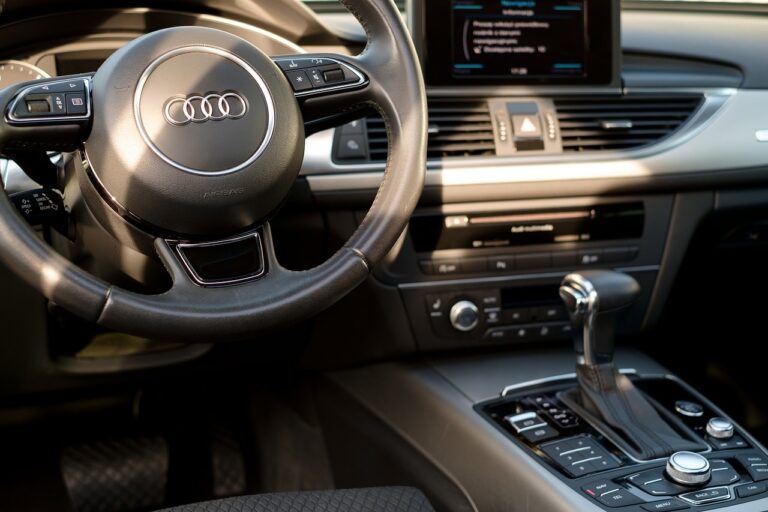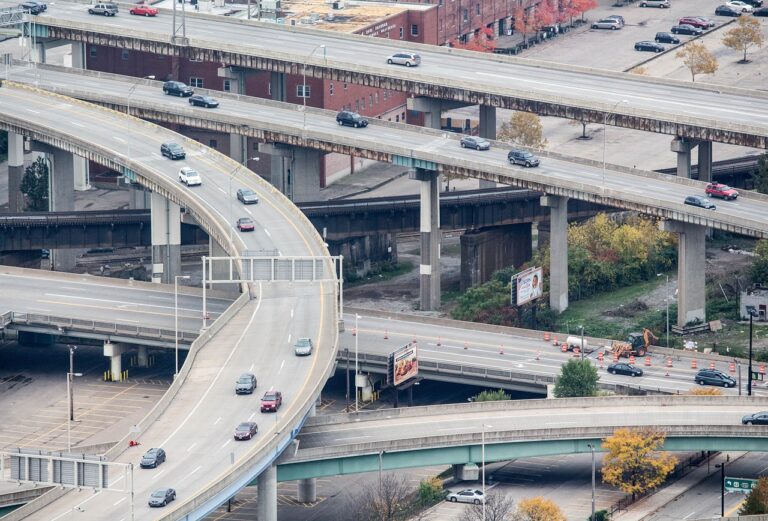The Impact of Autonomous Vehicles on Traffic Congestion and Urban Planning: Goldbet7.com login, Radha exchange, 11xplay online
goldbet7.com login, radha exchange, 11xplay online: Autonomous vehicles are revolutionizing the way we think about transportation. With the rapid advancements in technology, self-driving cars are becoming more common on the roads, promising a future where traffic congestion is a thing of the past. But how exactly will autonomous vehicles impact traffic congestion and urban planning?
1. What are Autonomous Vehicles?
Autonomous vehicles, also known as self-driving cars, are vehicles that can navigate roads without human input. They use a combination of sensors, cameras, and artificial intelligence to detect their surroundings and make decisions on how to navigate the road.
2. Reduced Traffic Congestion
One of the most significant impacts of autonomous vehicles on traffic congestion is the potential to reduce the number of vehicles on the road. With self-driving cars being able to communicate with each other and drive more efficiently, traffic jams could become a thing of the past.
3. Improved Traffic Flow
Autonomous vehicles can also help improve traffic flow by reducing the number of accidents and minimizing the need for sudden stops or lane changes. This could result in smoother traffic patterns and faster commute times for everyone on the road.
4. Parking Solutions
Self-driving cars could also revolutionize the way we think about parking. With autonomous vehicles being able to drop off passengers and then find parking spots on their own, parking structures and lots may become more efficient, freeing up valuable space in urban areas.
5. Urban Planning Implications
The rise of autonomous vehicles will also have significant implications for urban planning. City planners will need to consider how self-driving cars will impact road infrastructure, parking requirements, and public transportation systems. Sustainable urban planning will become even more critical as we navigate this new era of transportation.
6. Environmental Benefits
Autonomous vehicles could also have environmental benefits by reducing emissions and improving fuel efficiency. With self-driving cars able to optimize routes and drive more efficiently, we could see a decrease in greenhouse gas emissions and air pollution in urban areas.
7. Public Transportation Integration
While autonomous vehicles have the potential to revolutionize transportation, they will also need to be integrated with public transportation systems for maximum efficiency. City planners will need to consider how self-driving cars can work in tandem with buses, trains, and other forms of mass transit to create a seamless and sustainable urban transportation network.
FAQs
1. Are autonomous vehicles safe?
While there have been concerns about the safety of autonomous vehicles, studies have shown that self-driving cars have the potential to be safer than human drivers. With advancements in technology and rigorous testing, autonomous vehicles are continuously improving in terms of safety.
2. Will autonomous vehicles eliminate the need for public transportation?
While autonomous vehicles have the potential to change the way we think about transportation, they are unlikely to eliminate the need for public transportation entirely. Instead, self-driving cars can complement existing public transportation systems and create a more integrated urban transportation network.
In conclusion, the impact of autonomous vehicles on traffic congestion and urban planning is significant. With the potential to reduce congestion, improve traffic flow, and revolutionize parking solutions, self-driving cars are poised to transform the way we move through cities. It is essential for city planners and policymakers to consider these implications as we embrace this new era of transportation.







